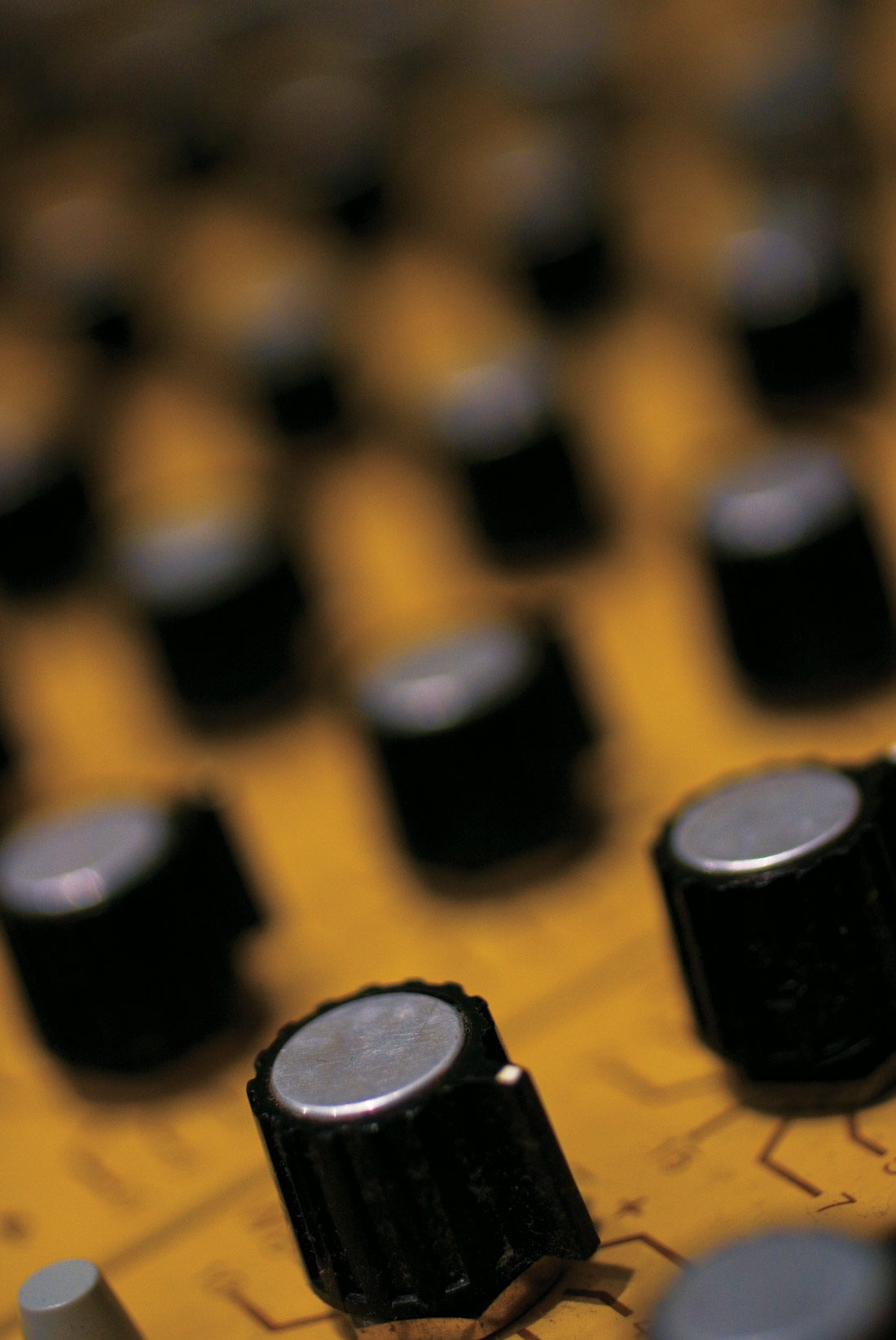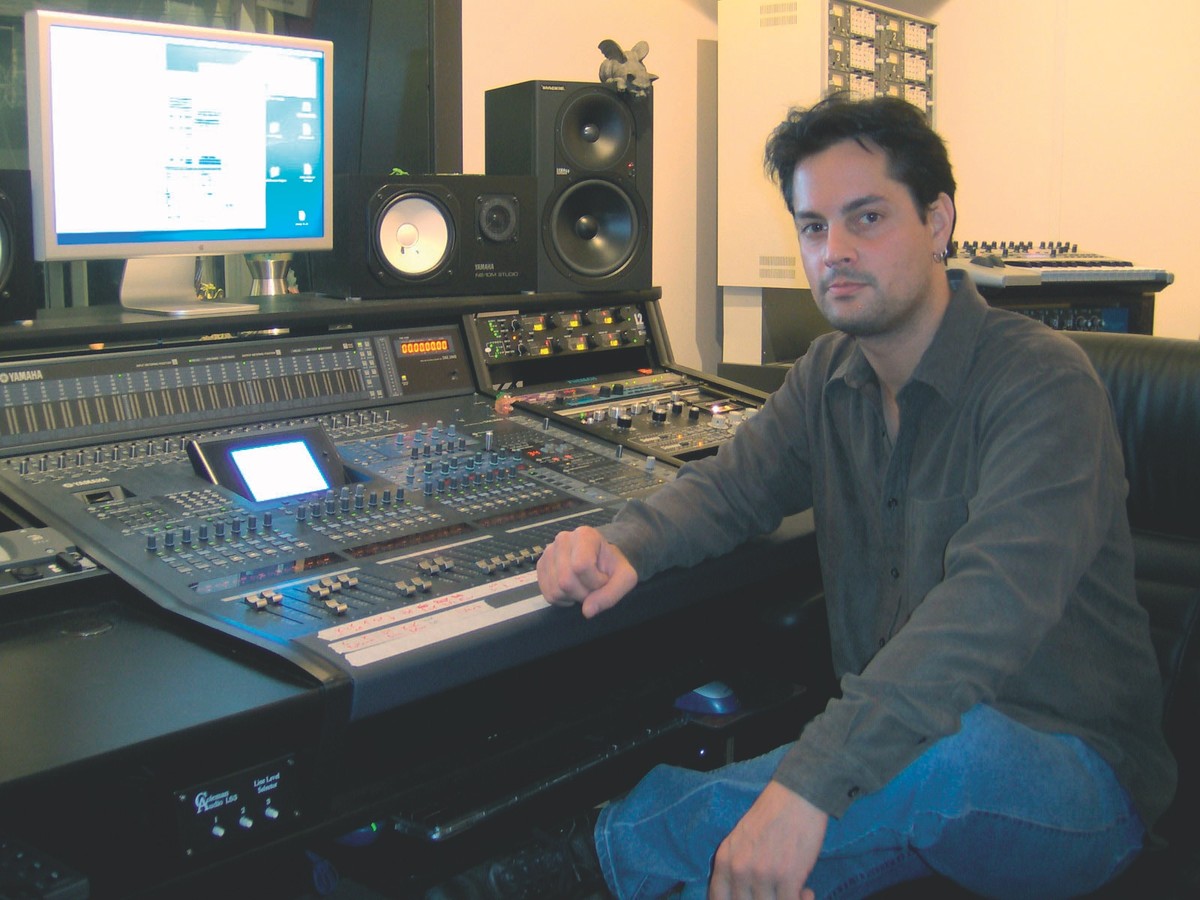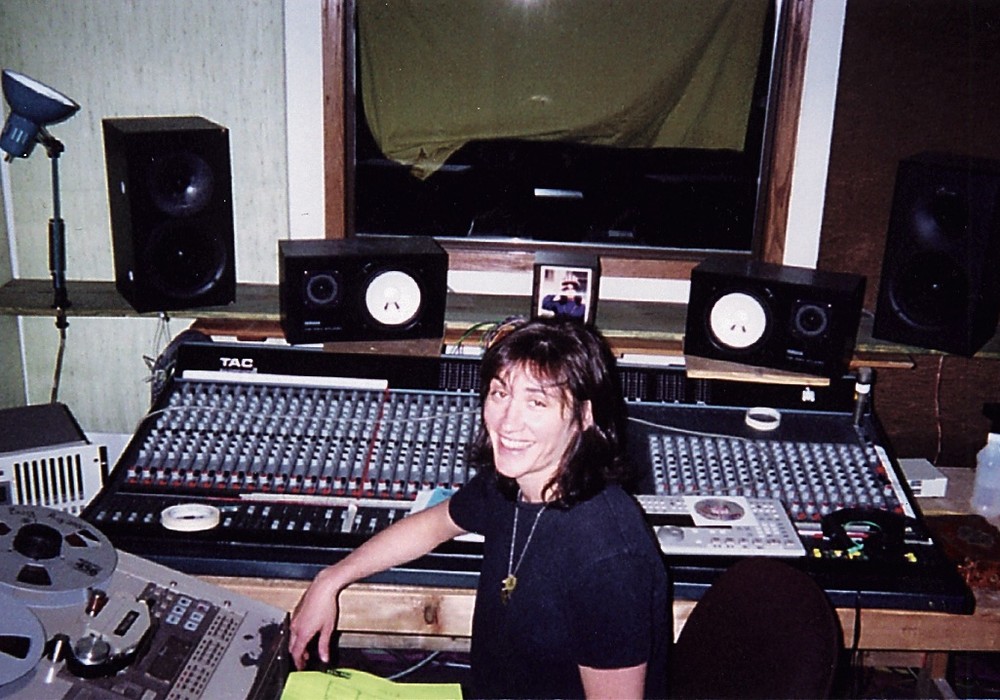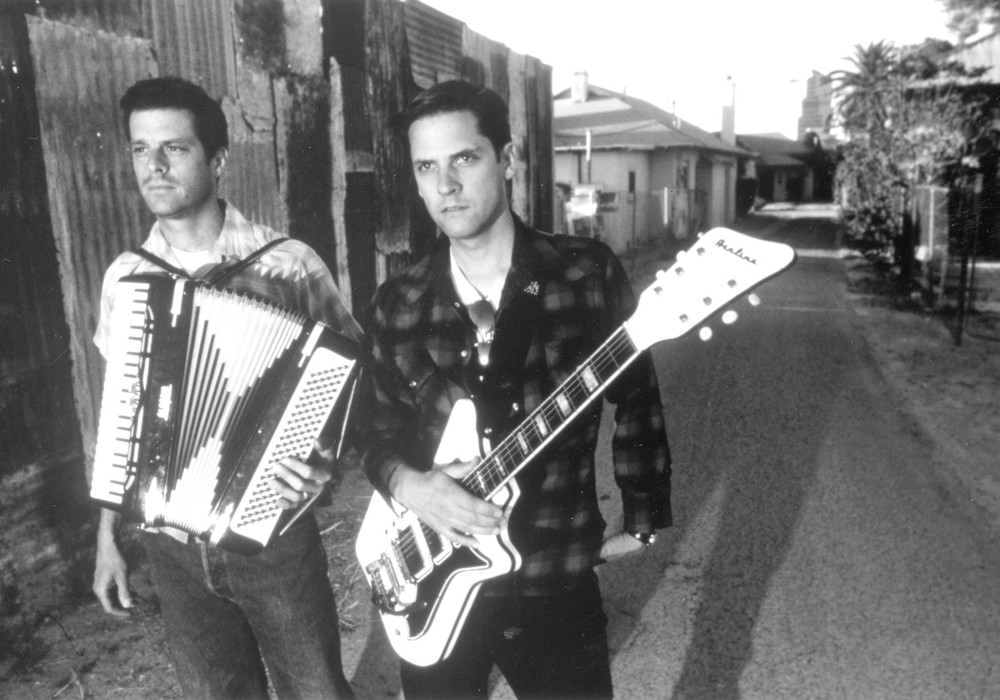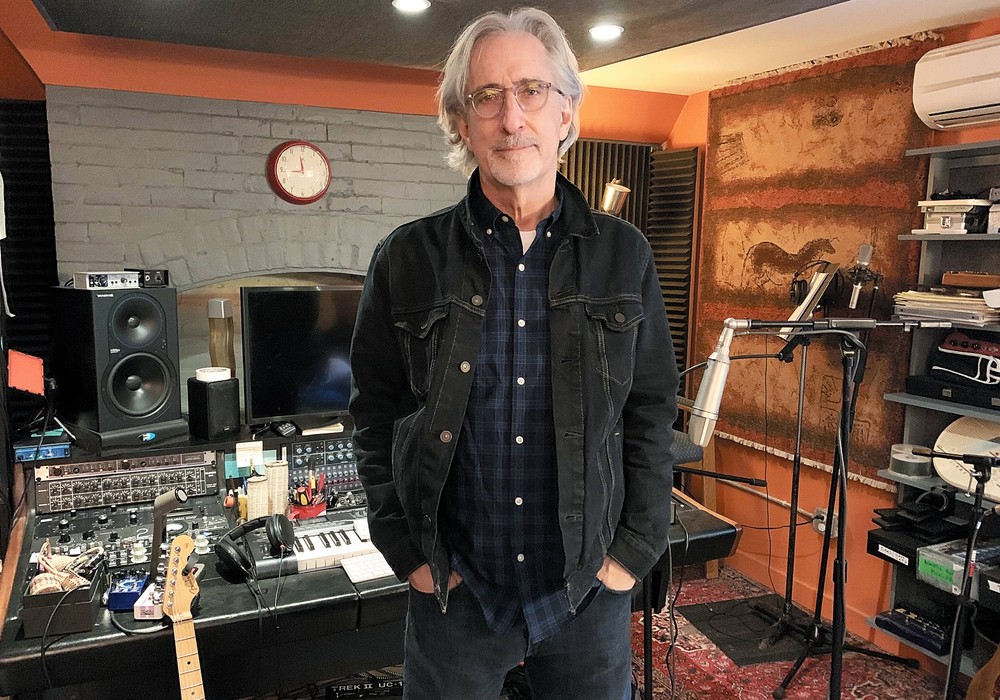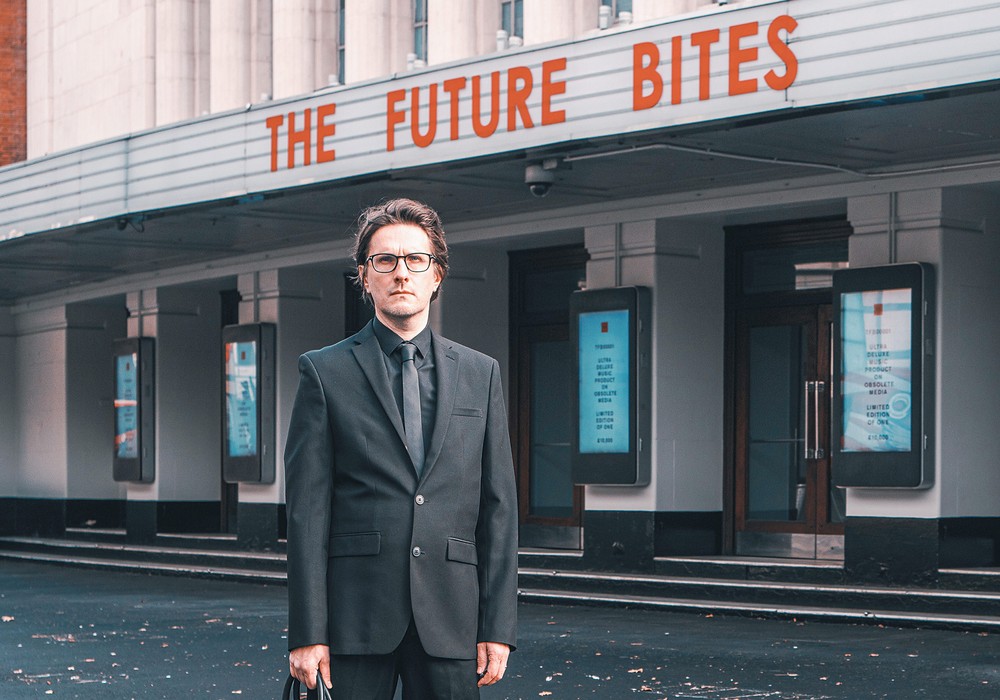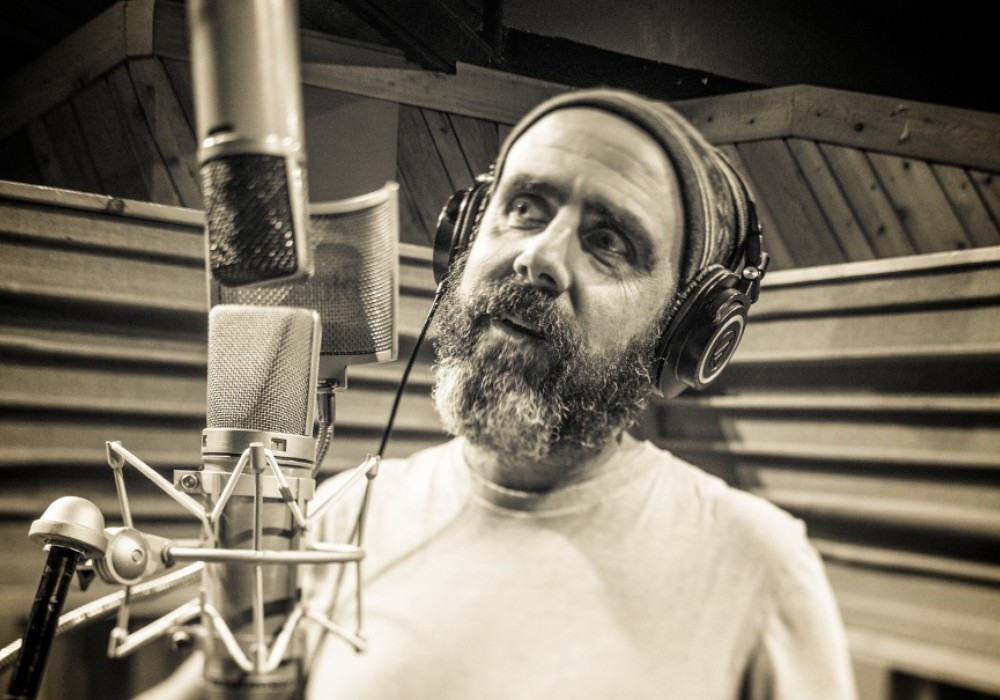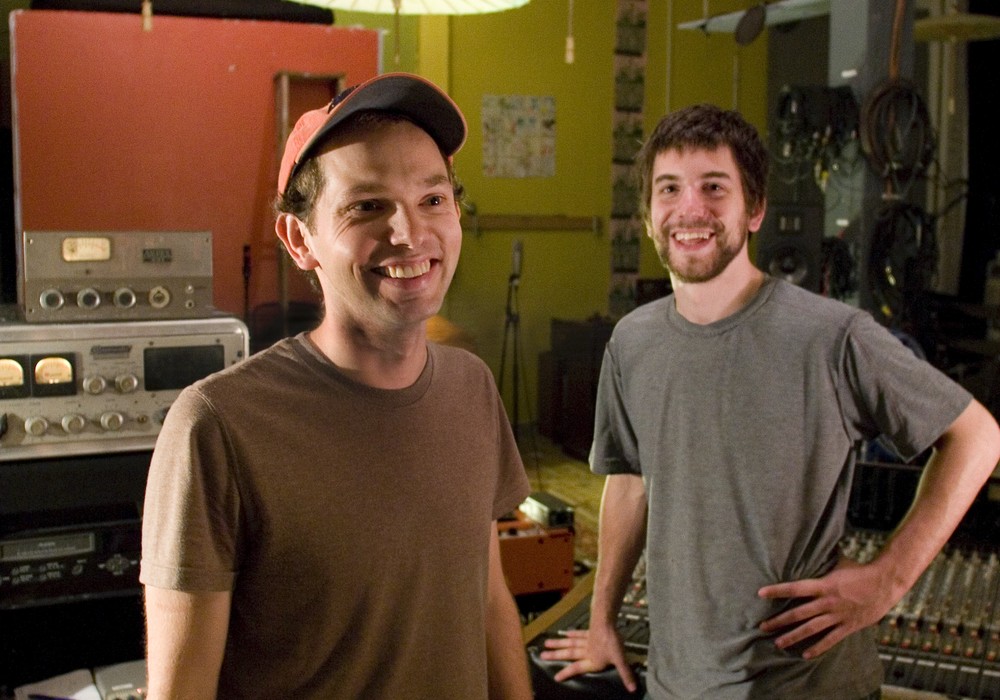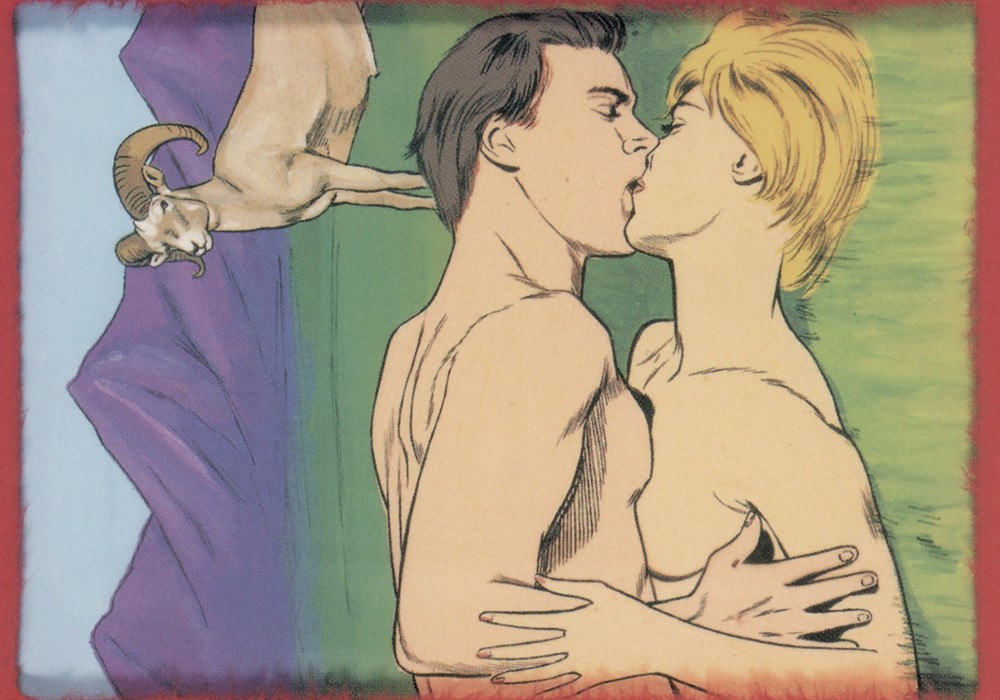Eric Welsh has some crazy road stories to tell. He was initially in on the ground floor of DiscLive, a service that provided live concert CDs at the venue — immediately post gig, no less. He then created his own venture, The Show, which specializes in live concert recording, packaging and delivery. His new company has produced some amazing live CDs for The Pixies and Dead Can Dance. He also co-owns and runs the busy Chillhouse Recording Studio in Charlestown, MA, with partner Will Holland. My main interest was to pick Eric's brain about doing live multitrack recording on the road. It was of special interest to me, as I had recently built a small mobile rig for people to rent out of my studio to use for live recordings.
How did you get started with DiscLive?
A family friend came up to me and said, "The concert I just saw was amazing. What if I had a recording of that?" We thought that was a good idea. He and his friends were business majors in school — they put together a proposal. We were able to get some backing for the project, and the backing lead to getting an ex-executive of BMG, Sami Valkonen, to be the president of DiscLive. He was friends with the former founder of Loud Records, Rich Isaacson, who also came on board. We had a little bit of money — they set up an office in New York and I was here in Boston. The first recording we did was Antibalas Afrobeat Orchestra in March of 2003 at a place called SOB's in New York City. It was great. We did about a hundred CDs and gave them away as a test run. I think all I had was a Mackie mixer and some ambient mics at that time. I was getting a left and right board feed from the house mixer.
Pretty basic.
It came out good. I was very careful of the ambient mics. Luckily the room wasn't too big so I wasn't getting big reflections. I think Clear Channel was coming out with Instant Live at the same time. We had a publicist and it was becoming a big deal for concert revenues. We did a couple of things with Jefferson Starship — I think the first big one we did was Billy Idol. We finally constructed our own truck with a small mixing setup and at least ten duplication burners. It would burn six discs at a time very quickly — like robots. We had a whole technology that we created in a way. A CD only holds so much information. I would record on two different computers. When we got to that hour point, or where I thought a good segue could be, I would stop recording on one of the computers. The second one would still record the concert. I'd send that first disc over to them [the burners] as the concert was actually happening. Disc one would already be done; then after the concert was over, I would quickly do the small edits. I had indexing and the fade-outs — I'd send that over. In about twenty minutes we would have the second disc done. We would sell tickets and they [the concert-goers] could wait in line or go online afterwards and redeem it. That's how that whole thing started and it went pretty strong for a while.
Were you getting multi-channel feeds from an isolation transformer box?
I remember right at the top, especially during Billy Idol, the people at DiscLive were very conscious of what they would call "creative control." They didn't want us to be blamed for anything the artist didn't like in the mix. I would get a stereo mix from the board. However, these guys weren't mixing for a CD, they were mixing for the house. The mix engineer would say, "Oh, wow. I'm providing this now?" His name would be on the line regarding the band. It would be possible that a band could listen to the mix at the end of the night — if they're not pointing the finger at us, they could point the finger at their house guy. The house guy would have a separate auxiliary mix — I would take a left and right off of the aux mix. He could beef up whatever was different from the live experience. He wouldn't get this [mix] right the first show. It would take a couple of shows. That's what I meant about the control thing — the rest of my company wouldn't let that go, so I had to ruffle some feathers. I did have some cool gear though. I had an EQ system for the left and right mix — also for the ambient mics — either two to four mics in front of house and also in front of the stage — being careful of the side fills. I had a pair of [Empirical Labs]...
